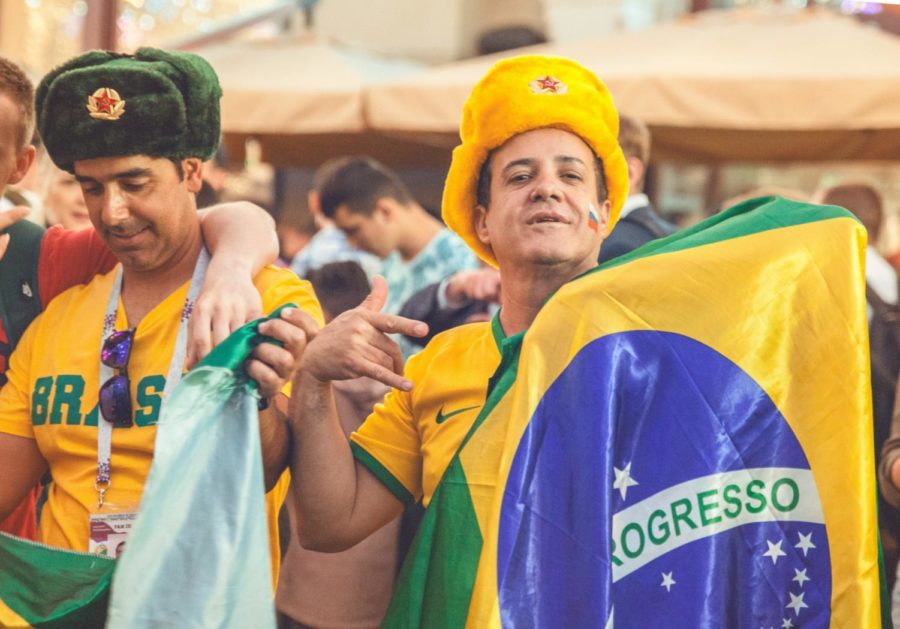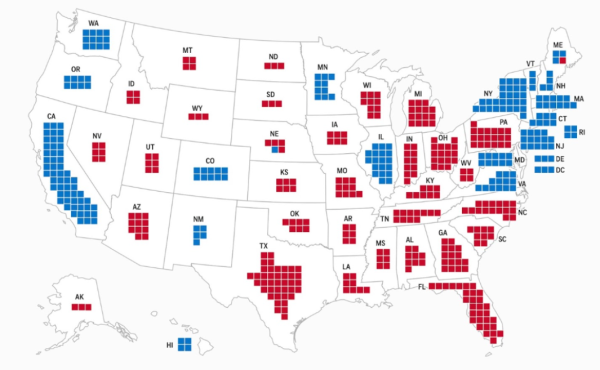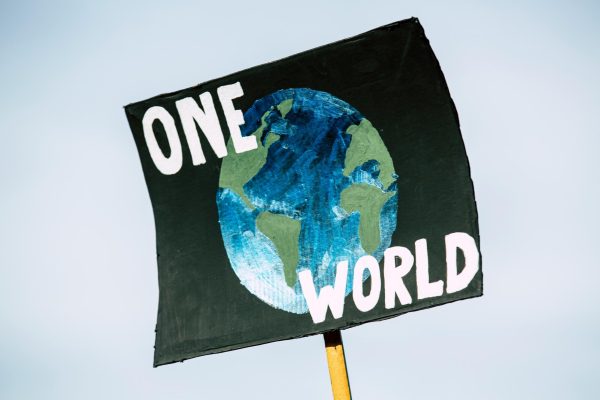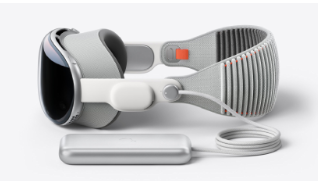Is Democracy on the Line for Brazil?
The election came down to two candidates, following the failure of either of the two front-runners to gain enough support to win the election earlier in October. Former President Luiz Inácio Lula da Silva of the Workers’ Party opposed president Jair Bolsonaro of the conservative Liberal Party on October 30. The politicians offered dramatically different visions for Brazil, and analysts believed that the outcome would put Brazil’s democracy to the test.
Jair Bolsonaro campaigned as a right-winged socially conservative nationalist. He promised that he would address corruption, crime, and boost economic growth. The new president Lula, who has already served for two terms and one of Brazil’s most popular leaders, campaigned as a left-wing in Lula’s Worker Party. He promised to prioritize low growth, inequality, and the hunger crisis. The two candidates had one of the tightest elections since 2014. Lula received 50.9% of the vote while Bolsonaro got 49.1%, according to the country’s election authority. “Today the only winner is the Brazilian people,” Lula said in a speech Sunday evening at a hotel after he won the election. “It’s the victory of a democratic movement that formed above political parties, personal interests and ideologies so that democracy came out victorious.” Luiz Inácio Lula da Silva will now serve as the new president of Brazil.







